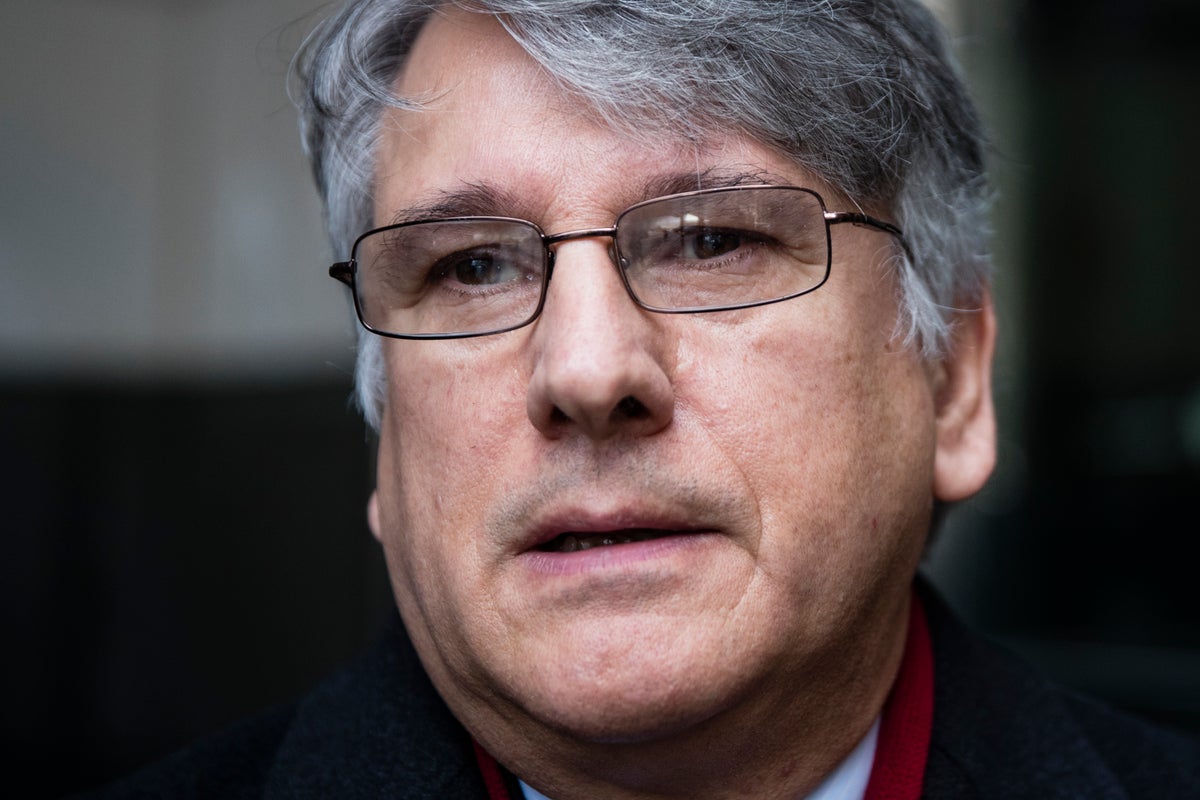
Six women who testified against a neurologist they accused of sexaully assaulting them while they were his patients returned to court on Wednesday to speak out against him, this time under unusual circumstances they described as a cruel twist of fate.
Authorities say Dr. Ricardo Cruciani killed himself behind bars shortly after his conviction and before the accusers could give victim impact statements at a sentencing that was likely to result in a lengthy prison term. A judge invited the women on Wednesday to give their statements anyway at a New York City hearing where they called Cruciani a predator and a coward.
“I’m really struggling with the fact that Cruciani will never go to prison. … or ever be punished,” said one woman who wanted her name withheld. “He took away my chance to face him as a convicted felon.”
The doctor, she added, “turned me into a drug addict and sexually assaulted me for years.”
Cruciani, 68, was convicted in July of multiple criminal counts, including predatory sexual assault, rape and attempted rape. He had denied abusing patients while working for several leading pain-management providers during his career.
Prosecutors won a conviction by presenting evidence that Cruciani groomed vulnerable patients by overprescribing pain killers, sometimes to treat serious injuries from car wrecks and other accidents. His accusers testified the sexual abuse often occurred behind closed doors during appointments in 2013 at a Manhattan medical center, where the doctor would expose himself and demand sex.
Cruciani was found unresponsive last August in a shower area at the Eric M. Taylor Center, a jail at New York's notorious Rikers Island complex. His death was ruled a suicide by hanging.
Accuser Hillary Tullin told reporters outside court on Wednesday that she felt the death had robbed her of a chance to tell the doctor off face to face.
“I wouldn’t have minced words,” Tullin said. “I would have unloaded about the 12 years of abuse I suffered at this hands.”
Another victim, Terrie Phoenix, called Cruciani’s suicide “a selfish act” that destroyed her faith in the medical profession.
“I do not trust myself to stay clear of predators,” Phoenix said. “This case proves they can be everywhere.”
The Associated Press does not typically identify people who say they are survivors of sexual assault unless they grant permission, which Tullin and Phoenix have done.
The accusers also pleaded with the judge to reject a defense request to throw out the doctor's conviction based on a legal provision known as “abatement by death.”
Defense attorney Fred Sosinsky made brief arguments supporting the request without responding to the victim statements. Sosinsky had argued at trial that the testimony of the women was unreliable and that they were even willing to lie to back up their accounts.
The judge said she would rule later on whether to preserve the conviction.
Before his death, Cruciani also was scheduled to go on trial next January on federal charges involving accusations that he abused multiple patients over 15 years at his offices in New York City, Philadelphia and Hopewell, New Jersey.







